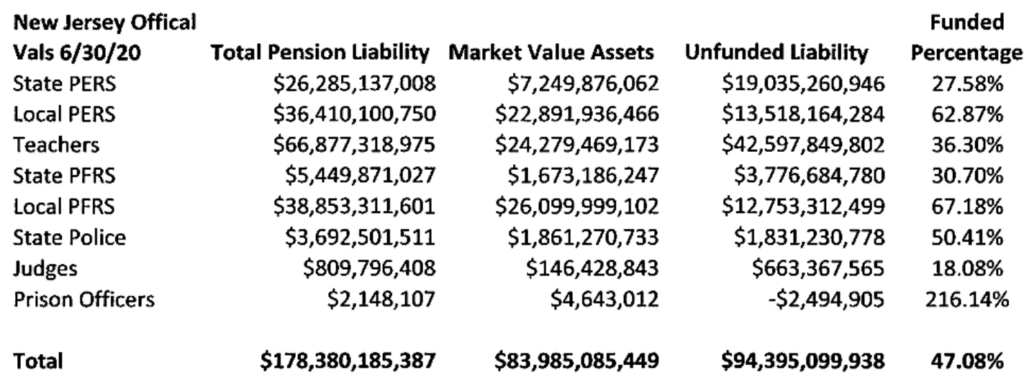Link: https://www.upi.com/Health_News/2024/05/10/firefighters-face-cancer-dangers/8411715363541/
Excerpt:
Compared to the general public, firefighters have a 9% higher rate of certain cancers, likely due to their exposure to high levels of carcinogens released into the air as buildings burn. The incidence of multiple myeloma — the first cancer Perez developed — is about 50% higher in firefighters than in the general population.
….
Dr. C. Ola Landgren has been researching links between occupational exposures and multiple myeloma for a number of years — particularly in first responders such as firefighters. At Memorial Sloan Kettering Cancer Center in New York and the National Cancer Institute, Landgren began to recognize patterns.
In New York, for example, Landgren had three myeloma patients who lived on the same block on Staten Island. Their houses had been covered by dust after the World Trade Center towers fell in 2001.
“Myeloma has a precursor condition known as MGUS, which is more common in the population, allowing us to identify risks earlier,” Landgren said. “We’ve actually observed higher rates of MGUS in first responders compared to the general population.”
MGUS — which stands for monoclonal gammopathy of undetermined significance — has also been linked to pesticide use among farmers and exposure to Agent Orange among veterans of the Vietnam War. Levels also were higher in firefighters, police officers and construction workers who were on-site immediately after the 9/11 attacks.
Author(s): Lori Saxena, HealthDay News
Publication Date:
Publication Site:

